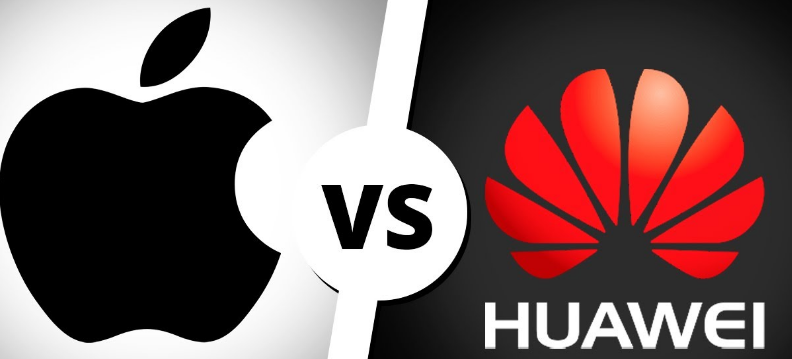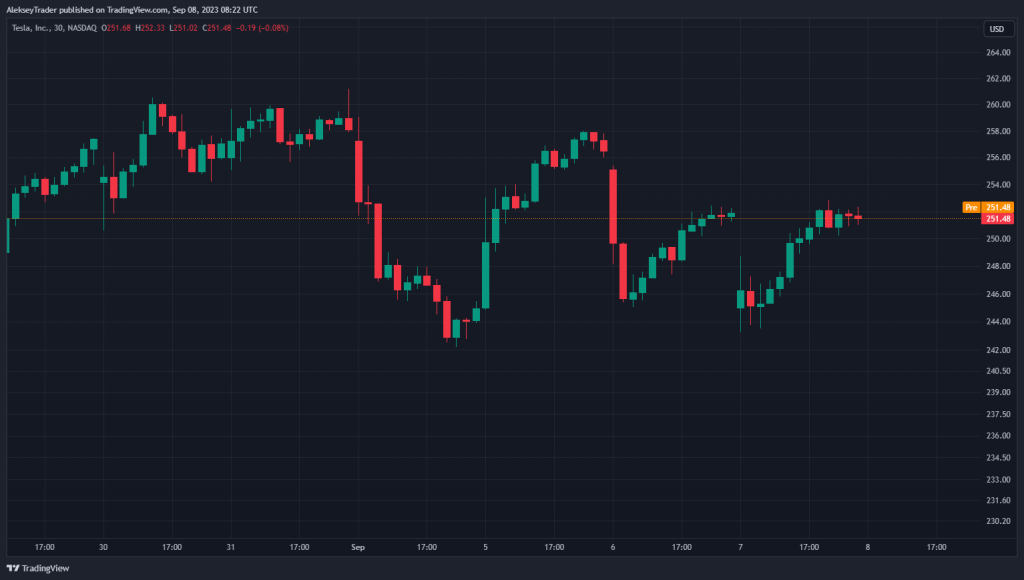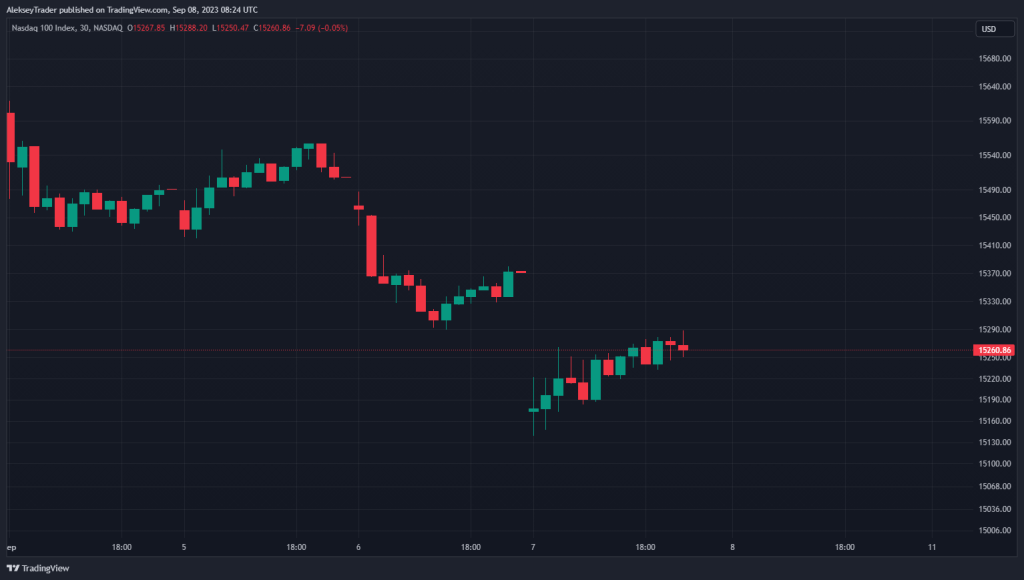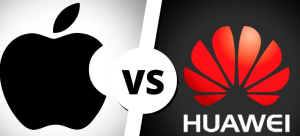
China’s recent expansion of restrictions on iPhone usage among government personnel has triggered a sharp decline in tech stock values on Friday. This has heightened concerns that both Apple and its suppliers could face negative consequences from the escalating tensions between the United States and China, as well as increased competition from Huawei.
In the past two days, Apple’s shares (NASDAQ:AAPL) have plunged by 6.4%, resulting in a staggering $190 billion reduction in its market capitalization. This significant drop can be attributed to reports indicating that Beijing has instructed employees at select central government agencies to cease using iPhones for official tasks.

Adding to the pressure on Apple, Huawei unveiled two new smartphones on Friday: the foldable Mate X5 and the Mate 60 Pro+. This announcement comes shortly after Huawei’s successful efforts in overcoming U.S. sanctions garnered global attention. These unexpected product launches by China’s “national champion” have raised concerns about Apple’s sales outlook in one of its largest markets.
China has remained a bright spot for Apple amid challenging times for iPhone sales, primarily due to the substantial setbacks faced by its competitor, Huawei, following U.S. restrictions on tech exports to the company in 2019. Analysts speculate that these new product launches by Huawei could signal the company’s initial steps in competing directly with Apple.
Ivan Lam, an analyst at Counterpoint, commented, “It (Huawei) can manage the psychological expectations of the target consumer group before Apple’s press conference. We believe that Huawei’s activity this time was well-prepared and not sudden. Our current outlook for the new product release is more optimistic than our previous estimate.”
The extent of the iPhone usage restrictions in China remains unclear, and the number of employees in central government agencies in China is not publicly disclosed. However, Bank of America estimates that China accounts for up to 50 million annual iPhone sales, and a ban could result in a loss of 5-10 million units per year.
What’s noteworthy is the timing of this ban, coinciding with the recent launch of a domestic high-end smartphone that presents a legitimate alternative to the iPhone.
The scrutiny of Chinese tech companies by the U.S. government has escalated in recent years. Washington aims to limit China’s access to crucial technologies, including cutting-edge chip technology, while Beijing seeks to reduce its reliance on American technology. The U.S. Commerce Department is actively seeking more information on a new Huawei chip that may violate trade restrictions.
NASDAQ 100
Apple’s supplier, Qualcomm (NASDAQ:QCOM), which has a substantial presence in China, experienced a 7.2% decrease in its stock value on Thursday. Other Apple suppliers, including Broadcom (NASDAQ:AVGO), Skyworks Solutions (NASDAQ:SWKS), and Texas Instruments (NASDAQ:TXN), also saw declines in their stock prices, ranging from 1.8% to 7.4%

The market’s reaction to these developments underscores the inherent risks associated with the U.S.-China relationship, particularly within the technology sector. In Asia, Tokyo Electron, a Japanese chip equipment maker, witnessed a 4% decline in its stock price, while Taiwan’s TSMC, the world’s largest contract chipmaker and a major Apple supplier, experienced a 0.6% drop in its stock price.
Furthermore, shares of ASE Technology Holding, one of the world’s largest semiconductor testing and packaging firms, dropped by 1.7%, and camera lens-maker Largan Precision recorded a more than 4% decrease. In China, Luxshare Precision Industry, known for producing connector cables for Apple products and owning factories capable of making iPhones, saw its shares decrease by 2%, which had already been affected by the Huawei launch.
On a more optimistic note for the semiconductor industry, shares of semiconductor companies rose by 0.8% following the launch of Huawei’s Mate 60 Pro+ smartphone. Investors viewed the new chip as evidence that Huawei had effectively navigated U.S. sanctions. Sunlour Pigment surged by 20%, and Shenzhen Rongda Photosensitive & Technology Co jumped by nearly 10%, leading the gains, while Semiconductor Manufacturing International Corp (SMIC) added 0.7%.




